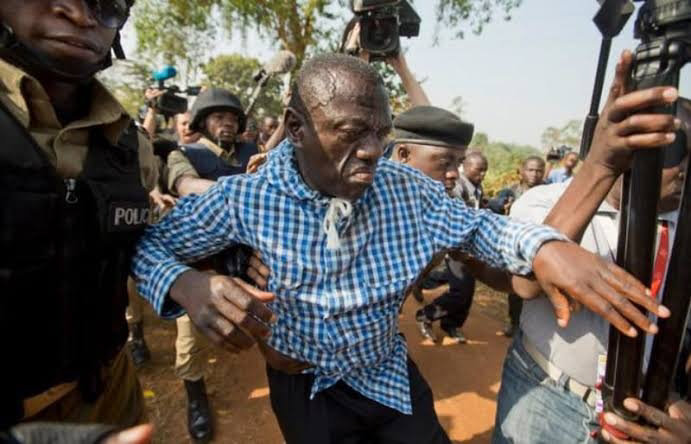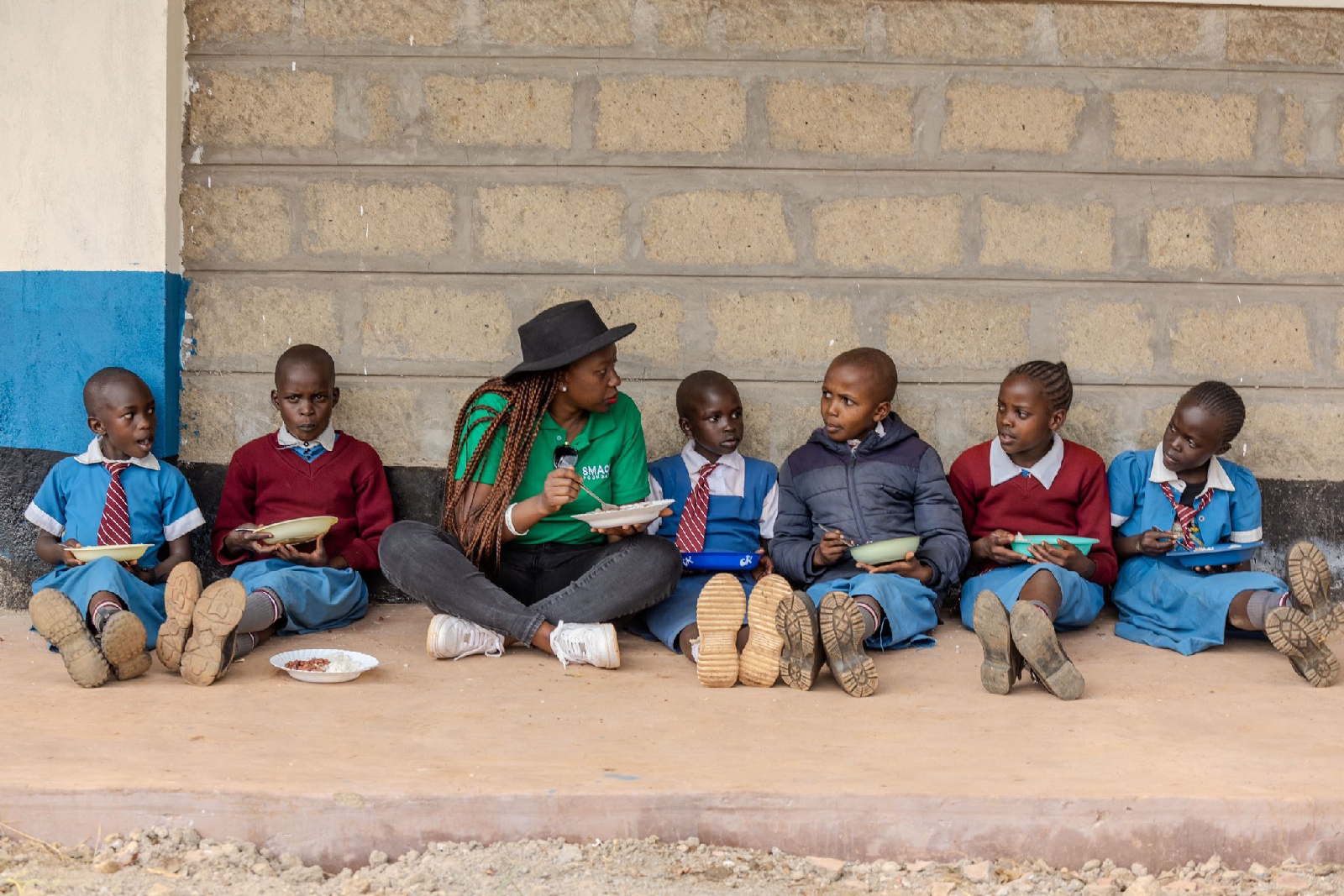The Hypocrisy of Power: Why Uganda Must Reject Museveni’s Repression and Free Dr. Kizza Besigye
Uganda’s history is marred by cycles of political repression, resistance, and the hope of a better future. For many Ugandans, the struggle against dictatorship is not new; it is a battle they have fought before, most notably during the brutal reign of Idi Amin. The rise of President Yoweri Museveni was anchored on the promise of never again allowing Uganda to slide back into tyranny. However, in his sunset years, Museveni has taken a tragic turn—adopting the same dictatorial tendencies that once justified his armed struggle against Amin’s rule.
One of the most glaring examples of this repression is the continuous mistreatment of Dr. Kizza Besigye, a longtime opposition leader and former ally of Museveni. Besigye has been harassed, arrested, detained, and assaulted numerous times simply for exercising his democratic right to oppose the government. His current detention is yet another chapter in Uganda’s long story of political intolerance.
Ugandans must say NO to this regression. Museveni must be reminded that his legitimacy was built on fighting against the very tyranny he is now imposing. The unconditional release of Dr. Kizza Besigye is not just about one man; it is about protecting the democracy that millions of Ugandans sacrificed for.
Ugandans Suffered Under Idi Amin’s Brutality
To understand the gravity of Museveni’s betrayal of Uganda’s democratic aspirations, we must revisit the horrors of Idi Amin’s regime (1971–1979). Amin ruled with an iron fist, silencing dissent through extrajudicial killings, mass disappearances, and state-sponsored terror.
1. Mass Murders and Disappearances
Amin’s government was responsible for the deaths of an estimated 300,000 Ugandans. His security forces targeted academics, politicians, and businesspeople suspected of opposing his rule. Bodies were often found dumped in the Nile, while many simply vanished without a trace.
2. Suppression of Opposition
Political opposition was crushed. The Ugandan parliament was rendered useless, opposition parties were banned, and critics were either jailed or killed. The press was heavily censored, and freedom of speech was a crime punishable by death.
3. Economic Ruin and Ethnic Persecution
In 1972, Amin expelled the Asian community from Uganda, blaming them for economic woes. This reckless move led to economic collapse as businesses shut down and trade networks disintegrated. Meanwhile, tribal and ethnic targeting became rampant, with many groups suffering brutal persecution.
4. State-Sponsored Terrorism
Amin’s reign was characterized by arbitrary arrests, torture, and executions carried out by the notorious State Research Bureau and Public Safety Unit. The country’s military turned against its own citizens, ruling through fear and intimidation.
It was against this backdrop that Museveni and his National Resistance Army (NRA) waged war, promising to restore democracy, human rights, and economic stability. Ugandans embraced his vision, hoping for a better future. However, decades later, Museveni has chosen to betray this trust.
Museveni’s Reign: A Return to the Dark Days of Repression
Despite his promises, President Museveni has steadily moved towards dictatorship, using the same tactics that Amin once employed. His treatment of Dr. Kizza Besigye is a clear example of how far Uganda has regressed under his rule.
1. Unjust Arrests and Detentions
Since 2001, Dr. Kizza Besigye has been arrested over and over again. Each time Uganda approaches an election, Besigye finds himself either in prison or under house arrest. The recent detention of Besigye is yet another example of Museveni’s intolerance to opposition. Why should a man who fought for democracy spend most of his life behind bars simply for advocating for good governance?
2. Police Brutality Against Opposition
Besigye has been brutally assaulted multiple times by Ugandan police and military officers. In 2006, he was arrested on trumped-up charges of rape and treason—charges that were later dismissed. In 2016, he was sworn in as the “people’s president” after claiming Museveni had rigged the elections. The government responded by detaining him and charging him with treason.
3. Media Suppression and State Censorship
Like Amin before him, Museveni has ensured that the media in Uganda cannot operate freely. Journalists who cover opposition activities are harassed, arrested, or forced into exile. Media houses that give coverage to figures like Besigye are threatened with closure. This is a clear sign that Uganda is no longer a democracy but a dictatorship dressed in the clothes of a republic.
4. Militarization of the State
Under Museveni, Uganda’s security forces have become an extension of his political machinery. The police and military are used to suppress opposition rallies, intimidate voters, and ensure that Museveni stays in power by any means necessary. Amin ruled through fear, and today, Museveni is doing the same.
Why Ugandans Must Reject Museveni’s Tyranny
The arrest and continued mistreatment of Dr. Kizza Besigye should be a wake-up call to all Ugandans. The same way Museveni fought against the dictatorship of Amin, Ugandans must resist any attempt to return the country to the dark days of oppression. Here’s why:
1. Museveni Has Betrayed the Ugandan People
When Museveni took power in 1986, he famously said, “The problem of Africa is leaders who overstay in power.” Now, almost four decades later, he has become the very problem he once condemned. He has changed the constitution to remove presidential term limits and age limits, all to ensure that he remains in power indefinitely.
2. Besigye Represents the Fight for Democracy
Dr. Kizza Besigye has remained one of the few fearless voices against Museveni’s dictatorship. His arrest is not just an attack on him but an attack on every Ugandan who believes in democracy and justice. If Besigye can be jailed for speaking the truth, then no Ugandan is safe.
3. Uganda Cannot Afford to Go Backwards
Uganda’s youth, who make up the majority of the population, must refuse to be ruled through fear. They must remember that the older generation fought against Idi Amin to ensure that future Ugandans would not live under dictatorship. Today, it is the duty of young Ugandans to resist Museveni’s attempts to turn Uganda into a one-man state.
4. The World Is Watching
Museveni’s government must know that the world is watching. The international community supported Museveni’s fight against tyranny in the 1980s because he promised democracy and respect for human rights. If he continues down this path, Uganda risks becoming a pariah state, isolated and condemned for its human rights abuses.
Free Dr. Kizza Besigye Now!
President Museveni must remember why he took up arms in the first place. He fought against repression, state violence, and dictatorship. Yet, today, he is guilty of the same sins he condemned. The mistreatment of Dr. Kizza Besigye is proof that Museveni has abandoned the principles he once claimed to stand for.
Ugandans must reject this new wave of oppression.
They must demand the unconditional release of Kizza Besigye and an end to political persecution. If Uganda remains silent, then history will repeat itself, and the country will once again plunge into an era of fear and dictatorship.
Uganda must choose democracy over dictatorship. Museveni must choose legacy over tyranny. The time to act is now—FREE DR. KIZZA BESIGYE!
#Lutherking Jr









Comments
Post a Comment